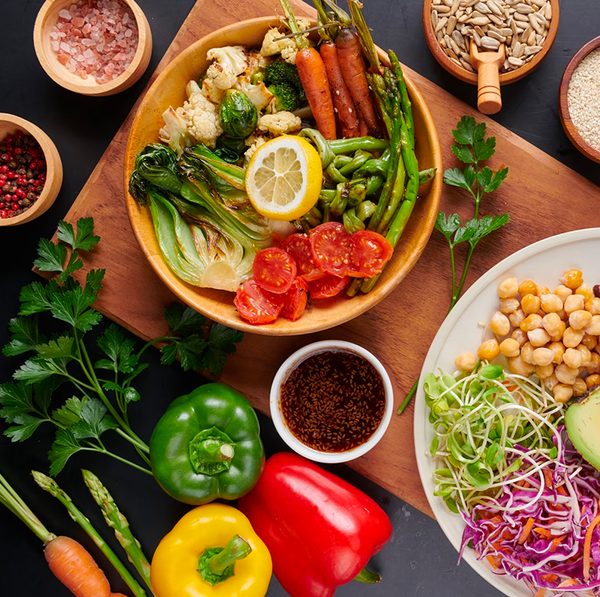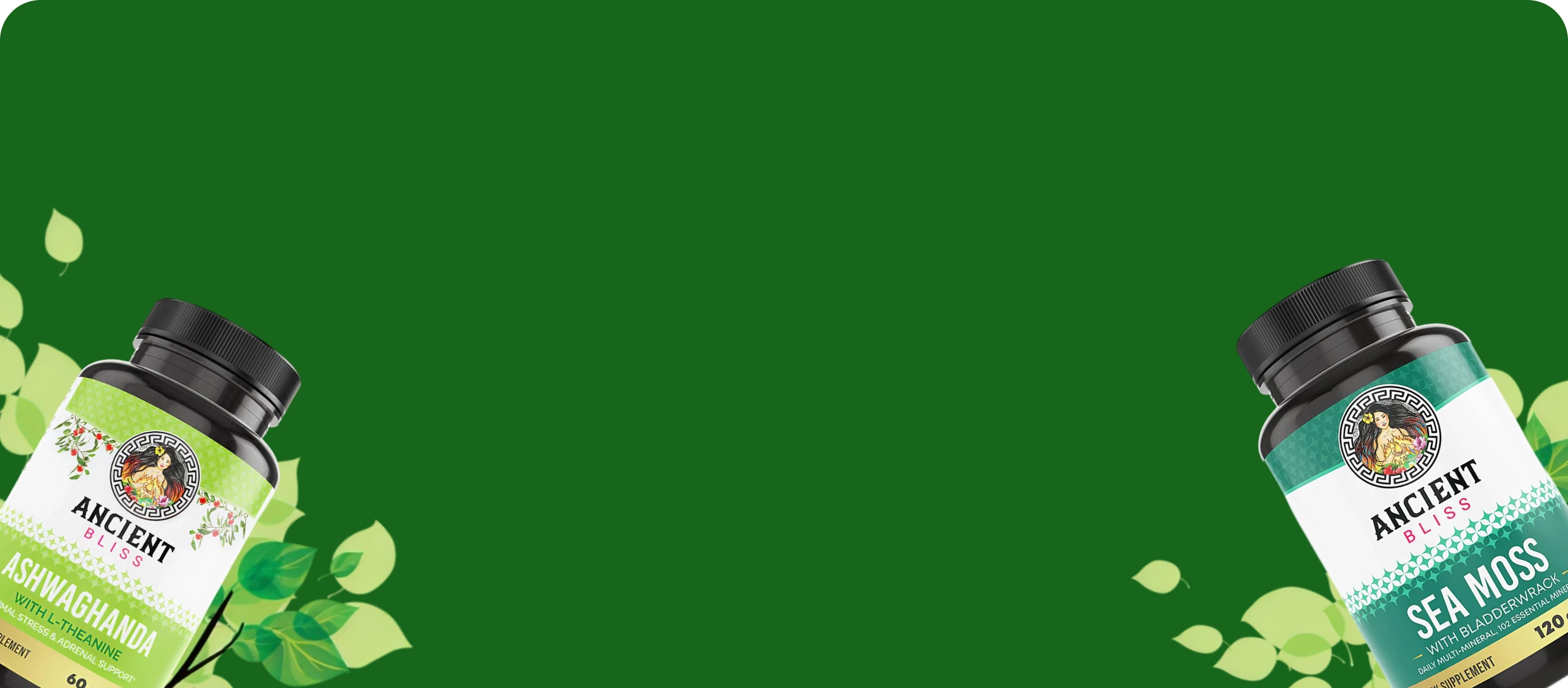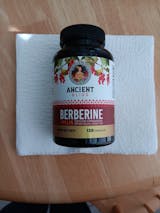The Underrated Role of Nutrition As Preventive Medicine

We are living in some exciting times. Medicine is evolving, healthcare is more accessible, and a significant percentage of people have access to clean water, food, and drugs.
While beneficial, our modern way of living also presents issues. The significant problem is that many people have begun to rely on drugs as the primary way of staying healthy. In contrast, the power of our nutrition often gets overlooked by many.
In this post, we’ll go over why good nutrition is essential and why we should use it as preventive medicine.
What Makes Good Nutrition So Important For Us?
There is an old saying, “You are what you eat.” Yes, I know. The expression has been beaten to death by countless people. But unlike many cliches, there is a lot of truth because we truly are what we eat.
Our nutrition plays a fundamental role in our metabolism, endocrine system, brain health, heart, liver, energy production, disease progression, immunity, and more (1, 2, 3, 4, 5, 6). The foods we choose to eat can elevate our health, well-being, and energy levels, just as they can lead to disease and lethargy.
An ever-growing body of research suggests that our eating habits play a significant role in the development of:
For example, removing trans fats from your diet can reduce the risk of plaque build-up inside your arteries, which leads to coronary heart disease, heart attacks, and strokes (10). Similarly, introducing antioxidant-rich foods in your diet can help your body fight oxidative stress, reducing the risk of chronic disease and slowing down aging (11).
Two Significant Issues With Maintaining a Healthy Diet
1. Healthy Food Is Often More Expensive
A significant roadblock to eating healthier foods is the cost. Compared to most processed foods in any store, whole foods cost a pretty penny, and not everyone can afford them.
But, the truth is, there are plenty of ways to make healthy eating more accessible. Stalking sales, buying in bulk, and preparing multiple meals ahead of time are three of the many tactics you can use. Plus, you can save some money from processed food and invest it into whole alternatives like fruits, veggies, and similar.
2. Breaking Bad Habits Is Easier Said Than Done
Another massive issue with healthy eating is that changing old habits is quite tricky. It takes time, patience, and dedication to change the way you approach nutrition. The allure of processed foods is often too strong to resist, and many people fail to make a lasting change.
A good way to approach healthy eating is to make incremental changes to your habit, reducing the risk of feeling overwhelmed or deprived. For example, instead of cutting out your favorite foods, replace one processed food with a healthy alternative.
How to Start Using Nutrition As Preventive Medicine
The best way to make your nutrition work for you is to replace processed junk with whole foods. Good examples include:
- Flavored yogurt ? Plain yogurt
- Coffee creamer ? Nut milk
- White flour and rice ? Whole grain alternatives
- Sugary sodas ? Flavored Sparkling Water
- Energy drinks ? Coffee or Tea
- Mayonnaise ? Hummus
- French fries ? baked potato
- Potato chips ? Nuts, popcorn, and veggies
- Candy bars and cookies ? Apples, pears, bananas, and other fruits
Try consuming more foods that have gone through minimal to no processing. At the same time, avoid those that have gone through extensive processing that strips foods of their nutrients, adds preservatives, and similar. It’s also important to start small. Making massive and sudden changes might deliver some initial results, but it will overwhelm you eventually. Instead, make small but positive choices in your everyday life and allow these efforts to compound over time. For example, if you feel thirsty, reach for water instead of a soda. If you crave something sweet, curb your sweet tooth with an apple instead of a candy bar.
In same category
-
![]()
The Underrated Role of Nutrition As Preventive Medicine
We are living in some exciting times. Medicine is evolving, healthcare is more accessible, and a significant percentage of people...
-
![]()
The Underrated Role of Nutrition As Preventive Medicine
We are living in some exciting times. Medicine is evolving, healthcare is more accessible, and a significant percentage of people...
-
![]()
The Underrated Role of Nutrition As Preventive Medicine
We are living in some exciting times. Medicine is evolving, healthcare is more accessible, and a significant percentage of people...





